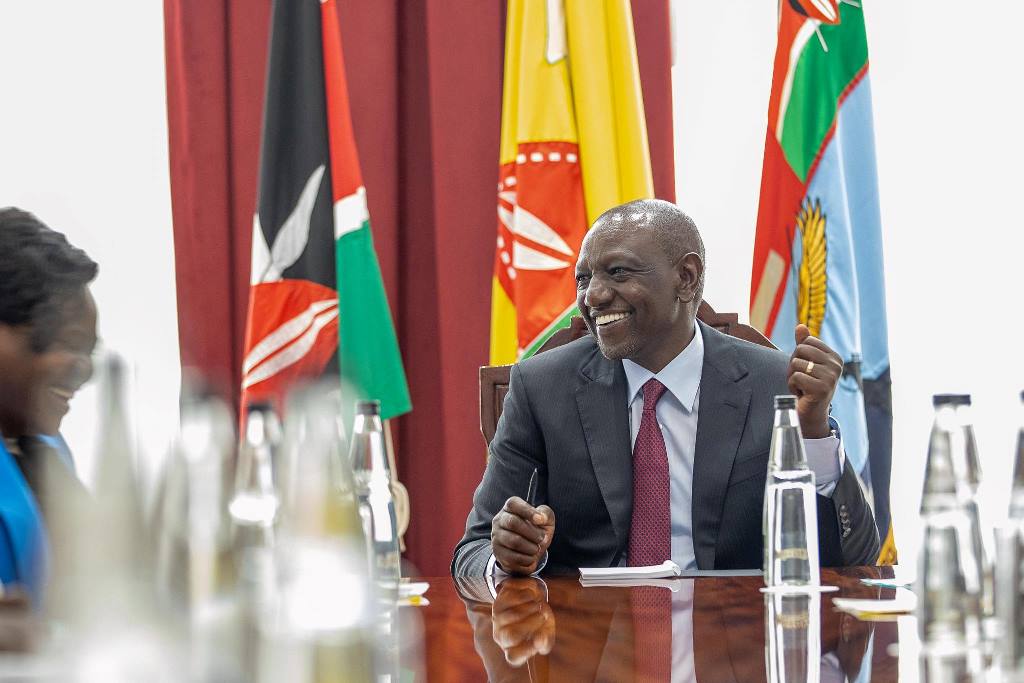The government is aggressively scaling up investment in technical training, President William Ruto has announced.
The TVET college enrolment, Ruto said, is set to grow fourfold, from 500,000 in 2023 to two million by the end of this year.
Speaking in Homa Bay during the Mashujaa Day fete, Ruto said the efforts will also entail equipping a new generation with the skills and knowledge needed to drive Kenya’s industrialisation, innovation, and economic competitiveness.
He said such efforts are aligned with the recognition of the transformative power of technical and vocational education and training (TVET) in tackling pressing socio-economic challenges, such as youth unemployment, skills gaps, and poverty.
“As we dedicate our efforts to nation-building, we are also preparing Kenya to thrive in an increasingly competitive, complex future,” he said.
This, Ruto observed, requires equipping learners with the knowledge, skills, and mindset necessary to seize opportunities and make meaningful contributions to national development. Guided by bold recommendations from the Presidential Working Party on Education Reform, Ruto stated that the government is undertaking the most transformational shift in the education system in over six decades.
READ ALSO:
He said Kenya has successfully transitioned to a Competency-Based Education system, hence moving away from rote learning towards a dynamic skills-based approach aligned with 21st-century needs and our socio-economic goals.
“Our next priority is to ensure every school has the infrastructure and equipment needed to support both learners and teachers,” he said.
To support this transition and respond to the needs of their growing population, he said they have undertaken the largest teacher recruitment drive since independence, hiring 76,000 new teachers over a two-year period.
He stated that the government is on track to employ an additional 24,000 by January 2026.
Ruto stated that the government has also constructed more than 23,000 additional classrooms, alleviating pressure on existing infrastructure and shielding teachers and learners from the burden of overcrowded classrooms.
At the tertiary level, he noted, the government has revolutionised education financing through a new student-centred funding model that ensures the sustainability of TVET and universities, while expanding access for learners.
He said that students from low-income families receive up to 90 per cent of government scholarships, with parents paying only a nominal fee.
By Fredrick Odiero
You can also follow our social media pages on Twitter: Education News KE and Facebook: Education News Newspaper for timely updates.
>>> Click here to stay up-to-date with trending regional stories
>>> Click here to read more informed opinions on the country’s education landscape
>>> Click here to stay ahead with the latest national news.






